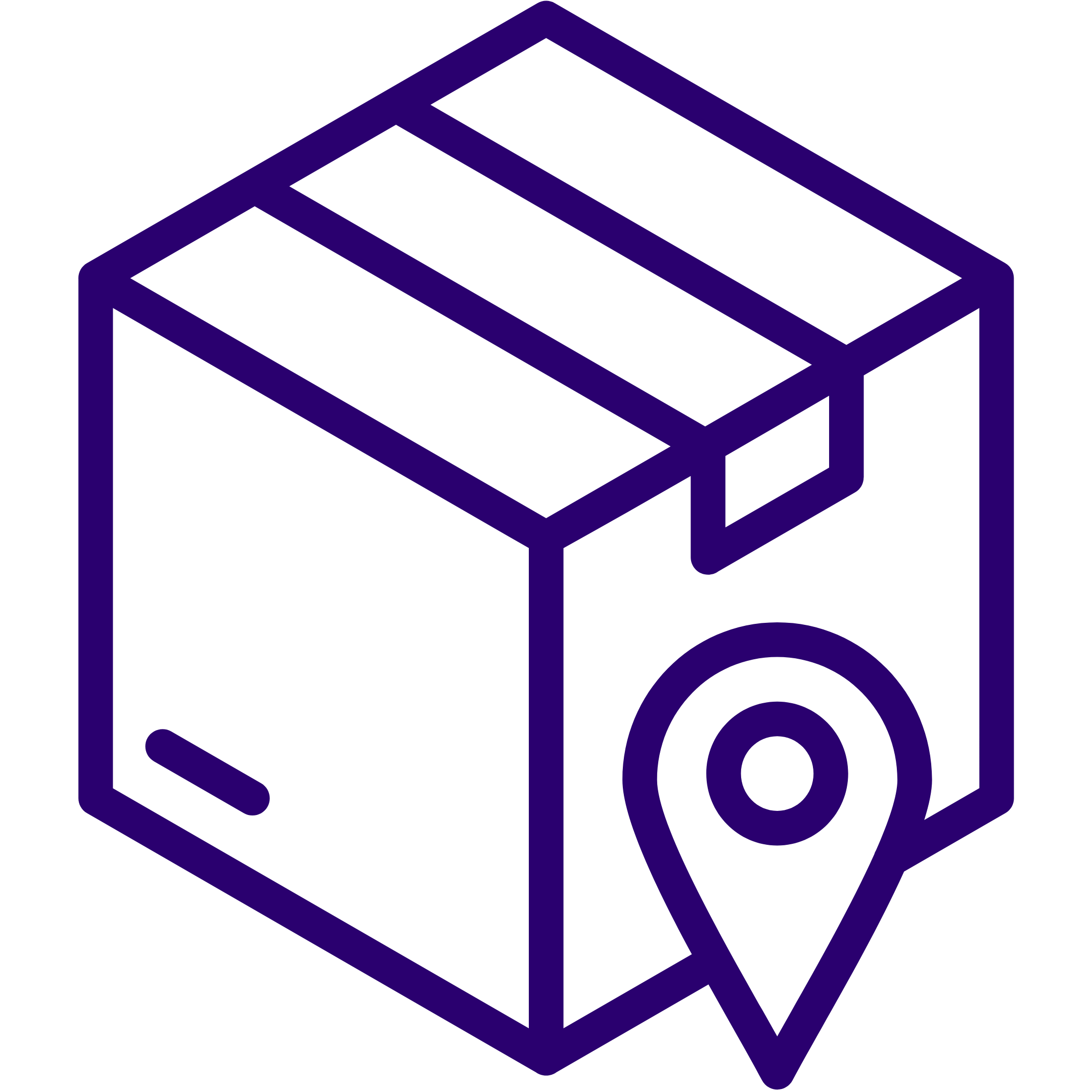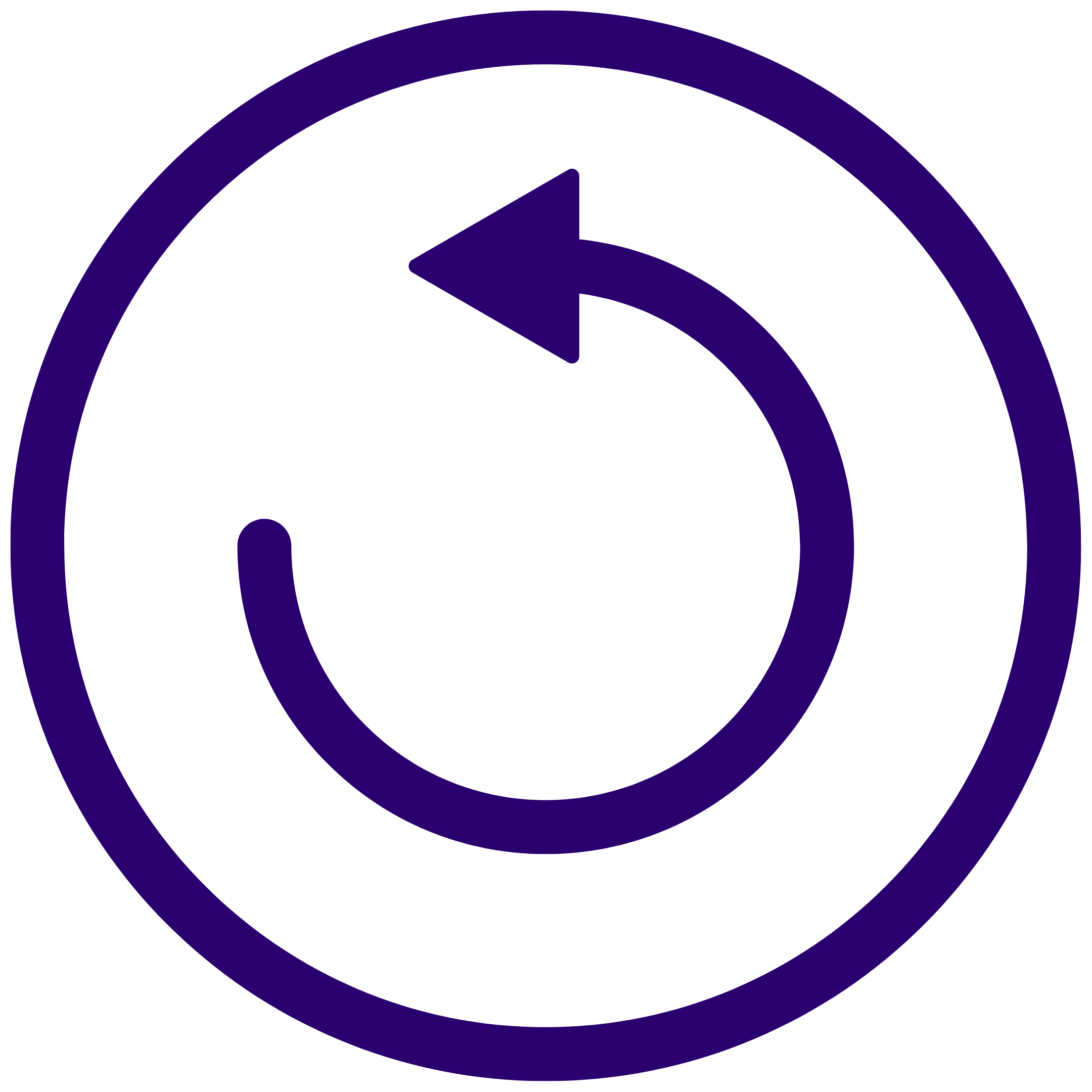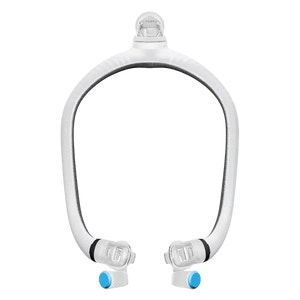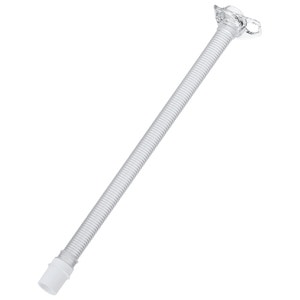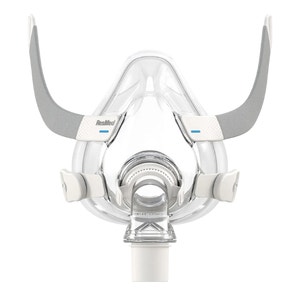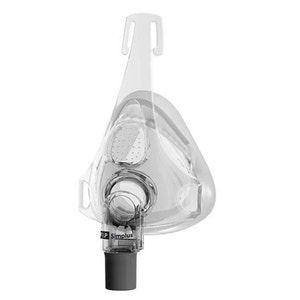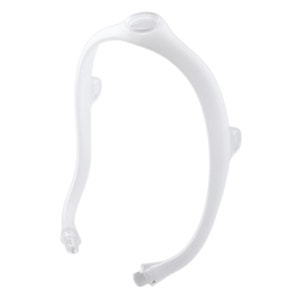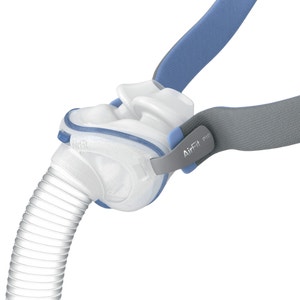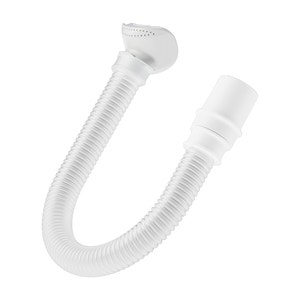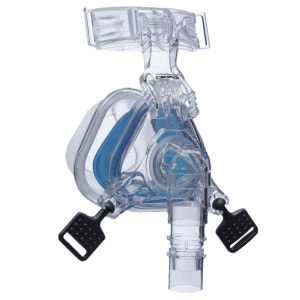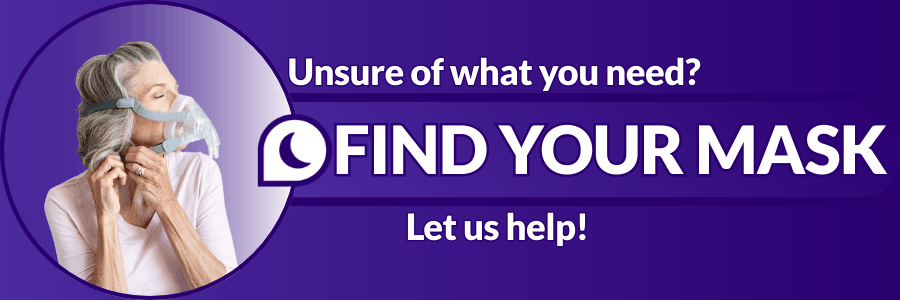
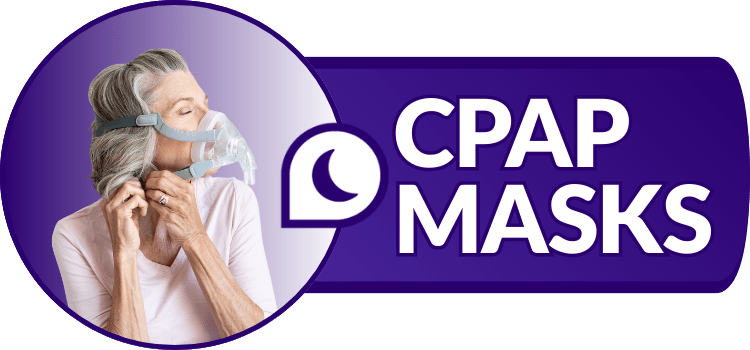
Which Are the Most Popular Types of CPAP Masks?
Finding the right CPAP mask starts with choosing the right mask type. Most CPAP users find a comfortable fit with one of these three main mask styles:
-
Full Face CPAP Mask
-
Nasal CPAP Mask
-
Nasal Pillow CPAP Mask
-
Full Face CPAP Mask
If you're looking for a tight seal around your nose and mouth, then a full face CPAP Mask would be a great fit for you. What people tend to enjoy about a full face CPAP mask is that they can choose to either breathe through their nose or their mouth (as opposed to being restricted to only breathing through one or the other). As such, full face CPAP masks are generally really great options for those who often find that they breathe through their mouths and/or those who are subject to frequent nasal congestion and allergies.
In terms of comfort, full face CPAP masks distribute airflow over more surface area while you're wearing one. This means that the pressure from the device is less concentrated on one spot, which can offer more comfort for longer wearing experiences. This is generally why certain individuals with sleep apnea may find a full face CPAP mask more comfortable than a nasal mask or nasal pillow mask. It's also great if you need to keep your CPAP pressure settings on the higher side.
Full face CPAP masks also offer a unique wearing experience in that since they have a larger frame profile, they obstruct less of your vision. This means if you enjoy reading or watching television in bed, you may find a full face CPAP mask facilitates those activities easier than other mask types.
Best For:
-
People with high pressure settings
-
People with chronic allergies or nasal congestion
-
Those who breath for their mouths
Sleep Position:
-
Back Sleepers
-
Side Sleepers
Popular Full Face CPAP Masks:
-
Nasal CPAP Mask
Nasal CPAP masks are designed to create an effective seal around your nose. The ideal wearing experience here would be that which is firm around your nose but not covering or creating obstruction on your mouth. As such, Nasal CPAP masks are excellent options for those with sleep apnea who breathe primarily through their nose.
For those with sleep apnea, nasal CPAP masks are generally the most popular style of CPAP mask. This is generally because they offer a lot of flexibility in terms of comfort since you can change your sleeping position while maintaining a good seal from the mask. This means that if you toss and turn in your sleep, a nasal CPAP mask may be a great fit for you.
The minimal framing of the nasal CPAP mask also makes it an excellent choice for those who don't necessarily want to feel constricted by a lot of equipment on their face. Those with sleep apnea who may also experience claustrophobia would also greatly benefit from the wearing experience of a nasal CPAP mask.
Best for:
-
People who like to read or watch tv before bed
-
Those who toss-and-turn
Sleep Position:
-
Back sleepers
-
Side sleepers
-
Active sleepers
Popular Nasal CPAP Masks:
-
Nasal Pillow CPAP Mask
If you're looking for a lightweight and minimal CPAP mask wearing experience, then it may be worth exploring nasal pillow CPAP masks. By design, nasal CPAP masks occupy a very small portion of your face. While a traditional nasal CPAP mask uses a cushion that fits over your nose, a nasal pillow CPAP mask features two, very small and flexible pillows that fit comfortably in your nostrils. This allows the mask to distribute pressurized air without relying on a lot of equipment going over your face.
The biggest benefit of nasal pillow CPAP masks is that they allow the wearer full range of vision (especially if you're a glasses wearer). So if your bedtime routine includes reading a book or enjoying some television, a nasal pillow CPAP mask may be a good option for you.
Since nasal pillow CPAP masks are so versatile, they tend to be great choices for active sleepers, less mobile sleepers, and those who may experience claustrophibic moments while wearing a CPAP mask.
Best for:
-
People who prefer minimal contact from their masks
-
CPAP users who experience claustrophobia
-
Those with facial hair
Sleep Position:
-
Back sleepers
-
Side sleepers
-
Active sleepers
-
Stomach sleepers
Popular Nasal Pillow CPAP Masks:
-
What CPAP Mask Type is Ideal for You?
Sleeping Position:
-
Back Sleepers - Full Face Mask, Nasal Mask, Nasal Pillow Mask
-
Side Sleepers - Nasal Mask, Nasal Pillow Mask
-
Stomach Sleepers - Nasal Pillow Mask
-
Active Sleepers - Nasal Mask, Nasal Pillow Mask
Breathing Style:
-
Mouth Breathers - Full Face Mask (Nasal Mask, Nasal Pillow Mask can be used in conjunction with a CPAP mask chinstrap)
-
Nose Breathers - Full Face Mask, Nasal Mask, Nasal Pillow Mask
-
Both/Unknown - Full Face Mask, Hybrid Mask
Additional Considerations:
-
Higher Pressure Settings - Full Face Mask, Nasal Mask
-
Experience Frequent Nasal Congestion or Allergies - Full Face Mask
-
Glasses Wearer - Nasal Mask, Nasal Pillow Mask
-
Facial Hair - Nasal Mask, Nasal Pillow Mask
-
Low to Mid Pressure Settings - Nasal Pillow Mask
-
Minimal Contact - Nasal Mask, Nasal Pillow Mask
-
Claustrophobia - Nasal Mask, Nasal Pillow Mask
What is Your Breathing Style?
-
Mouth Breathers: Mouth breathing occurs when air is inhaled and exhaled through your mouth instead of nose, making full face CPAP masks ideal. Nasal masks and nasal pillow masks can be used when paired with a chinstrap.
-
Nose Breathers: If you breathe through your nose you'll generally benefit most from a nasal mask, or nasal pillow mask which delivers pressurized air directly into your nose to help keep your upper airway open to prevent sleep apnea.
-
Both/Unknown: CPAP users that breathe through both their nose and mouth or are unsure may be prescribed a full face mask, or a hybrid mask.
What Is Your Sleeping Position?
-
Back Sleeper: Lucky you! Back sleepers can use any kind of CPAP mask.
-
Side Sleeper: This position is the best for snoring, but bulkier mask styles may shift against your pillow and break your seal. The slimmer profile of a nasal CPAP mask or nasal pillow mask will help keep a proper seal, so you can maintain your airflow all night.
-
Stomach Sleeper: As someone with sleep apnea you should try to break this habit, but as far as CPAP masks go you’ll want a minimal design, such as a nasal pillow CPAP mask. Look for one with a mask cushion made of gel or memory foam since it will be pressed against your skin.
You may also wish to try a CPAP pillow to help prevent mask shift or getting tangled in your tubes!
-
Active Sleeper: Look for a mask with a hollow frame and a hose connector that attaches to the top of the head. The top-mount CPAP hose will keep you from getting tangled in your tubing as you toss and turn, while the hollow frame provides flexibility without interrupting your sleep therapy.
What Is Your Pressure Setting?
-
Low to Medium: You’ll be safe with any style sleep apnea mask.
-
High: Both full face and nasal CPAP masks can accommodate high pressure settings; however, full face CPAP masks may be more comfortable since they distribute the airflow over a larger area. You’ll likely need to avoid nasal prong or nasal pillow CPAP masks.
-
Why Choosing the Best Mask Fit is Key
Making sure you find an optimal, comfortable fit for your CPAP mask plays a significant role in the effectiveness, safety, compliance, and overall experience of your sleep therapy. Establishing a secure mask seal prevents pressurized air from leaking between your face and your mask cushion, promoting steady airflow to your upper airway. This helps to eliminate side effects caused by a poorly fit CPAP mask, such as skin irritation, dry eyes, nasal congestion, discomfort, and reduced CPAP therapy effectiveness.
Find more information on the importance of properly fitting your CPAP mask with this helpful blog or our CPAP Mask Fit Guide.
How Do I Choose the Correct CPAP Mask Cushion Size?
-
Mask Cushion/Nasal Pillow Sizing Guides: Use our helpful Mask Sizing Guide Directory to view, download, and print out any available mask cushion/nasal pillow sizing guide PDFs we have listed. These guides include instructions, tips, and diagrams for finding the perfect mask cushion/nasal pillow size for you.
-
Fit Packs & Starter Kits: Many of the CPAP masks we carry are made available in fit packs or starter kits that include multiple mask cushion sizes within the setup pack, allowing you the opportunity to try on each cushion size to determine the most comfortable and secure fit for your needs.
-
Find Your Mask
Common CPAP Mask Cushion/Nasal Pillow Materials
-
Silicone: Soft and flexible, silicone mask cushions/pillows are highly responsive to sleep position changes throughout the night.
-
Memory Foam: Memory foam offers the softest available cushion/pillow option and effortlessly conforms to your face. However, memory foam cushions/pillows typically have to be replaced more frequently than other materials.
-
Gel: Providing a more firm cushion option, gel cushions/pillows maintain their shape while adapting to your unique facial shape and contours, making them ideal for higher pressure settings.
-
How to Clean Your CPAP Mask
Regularly cleaning your CPAP mask parts and components is crucial for avoiding the accumulation of bacteria, debris, oils, and other contaminants. This will help prevent the buildup of germs that may cause skin irritation and other unwanted side effects.
Before following the instructions below, first make sure your CPAP machine is unplugged from the power source, disconnect your mask and air tubing from your CPAP machine, and disassemble your mask components into 3 parts (mask cushions/pillows, headgear, and frame):
Part Cleaning Frequency Instructions Full Face Cushions,
Nasal Cushions, & Nasal Pillows
Daily
- Using a mild detergent* and warm, drinking-quality water, gently clean your cushions/nasal pillows to remove any dirt, debris, and oils. Vinegar solutions (3:1, water:vinegar mix) can be used by soaking for 30 minutes to kill accumulated bacteria.
- Rinse thoroughly.
- Allow to air dry, avoiding direct sunlight.
Mask Frame
Weekly
- Using a mild detergent* and warm, drinking-quality water, gently clean your mask frame to remove any dirt, debris, and oils. Vinegar solutions (3:1, water:vinegar mix) can be used by soaking for 30 minutes to kill accumulated bacteria.
- Rinse thoroughly.
- Allow to air dry, avoiding direct sunlight.
Headgear
Weekly
- Using a mild detergent* and warm, drinking-quality water, gently clean your mask headgear to remove any dirt, debris, and oils. Do not use a vinegar solution.
- Rinse thoroughly.
- Hang dry, avoiding direct sunlight.
Chinstrap
Weekly
- Using a mild detergent* and warm, drinking-quality water, gently clean your mask chinstrap to remove any dirt, debris, and oils. Do not use a vinegar solution.
- Rinse thoroughly.
- Hang dry, avoiding direct sunlight.
*Avoid using strong detergents or soaps, especially those that contain harsh chemicals, perfumes, dyes, moisturizers, or alcohol.
You can find more useful information regarding CPAP cleaning with this blog:
CPAP Mask Replacement Schedule
To keep your CPAP therapy both effective and hygienic you should replace the individual parts of your mask according to the recommended schedule. This will help ensure that your CPAP mask is clean and free from air leakage, and always maintains the perfect fit.
-
Nasal Pillows — Every 2 weeks
-
Nasal Mask Cushions — Every 2 weeks
-
Full Face Mask Cushions — Every 4 weeks
-
Mask Frame — Every 3 months
-
Headgear — Every 6 months
-
Chinstraps — Every 6 months
-
Do CPAP Masks Require a Prescription?
Many of your favorite CPAP masks are available prescription-free thanks to our convenient non-RX CPAP mask kits! However, a fully assembled CPAP mask with headgear (including Fit Packs and Starter Packs) or any masks purchased through insurance do require a current prescription from a licensed healthcare provider (such as your Sleep Specialist).
If you need help obtaining or updating your prescription, we can help! Simply email us at info@cpapsupplies.com with your request.
30 Day Mask Guarantee
Choose your next mask with confidence with our 30-day guarantee on new CPAP masks. If you’re not fully satisfied with your purchase, you’ll get the full amount towards a new mask – at no extra cost!
Learn more about our 30-Day Mask Guarantee.

